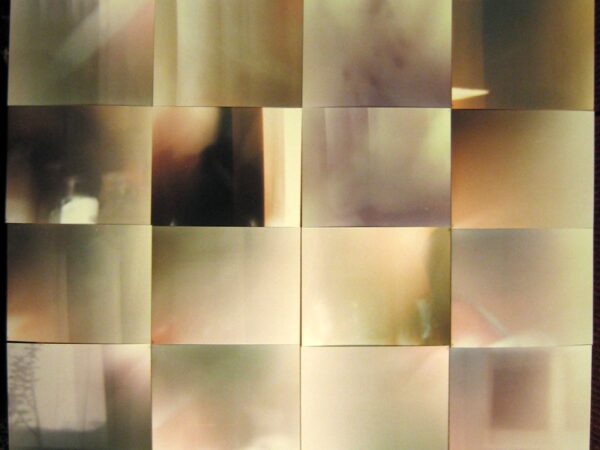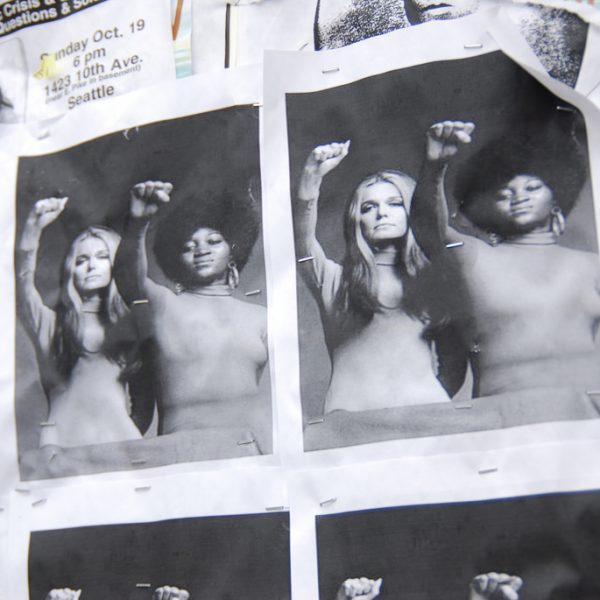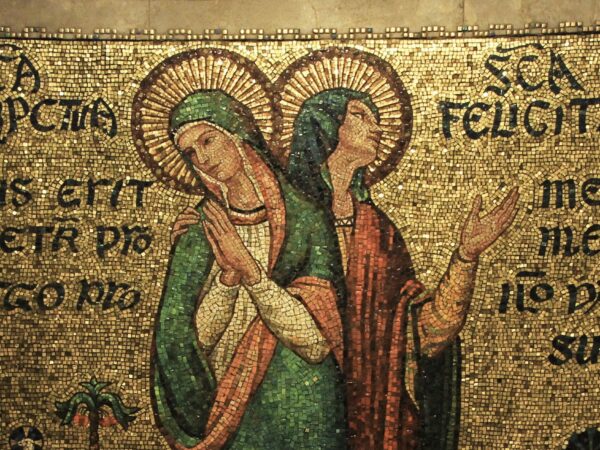
Is revival time a kind of queer time? The suspension of quotidian time during a revival event makes possible a queer time and place, but this possibility must be held in tension with the experience of openly queer people at Asbury, whose presence at the revival caused a furor in the conservative media.

Liberation, caught between queer nihilism and eschatological certainty, must seek an third way beyond the binary of hopefulness and hopelessness through the negation of both. It must transpose itself into an apophatic register as the experience of continual failure, an uncertain endless becoming, that might be called simple hope.

John the Baptist paves the way for a new ecclesiological model that pushes the church beyond a reproductive model of mission insistent on its own futurity. Embracing an ecclesiological ‘death drive’ can open doors to see the unexpected God-over-there within the present.

Judith Butler’s work in queer theory inspires Catholics to consider the material relations of the body and contributes to a mystical-political, eschatological hope.

This piece features a multimedia reflection on José Esteban Muñoz’s The Sense of Brown, which emphasizes the text’s radical approach to imagining solidarities and social relations beyond the normative paradigms of identity politics and its permutations. Through both textual poetics and sound design, Wadud and Lázaro Moreno riff off Muñoz’s own performance-based approach to storytelling and meaning-making, engaging Sense as an invitation to reconsider the aesthetic and philosophical terms of community-making, centering the power of counterintuitive methods.

Why has political theology been so resistant to addressing questions of sex, gender, and sexuality in any serious way? Are there any intersections between queer feminist criticism and political theology, and what would it look like if the two methods were brought together?

Biggar’s “academic” lack of understanding aids and abets transphobia making him complicit.
